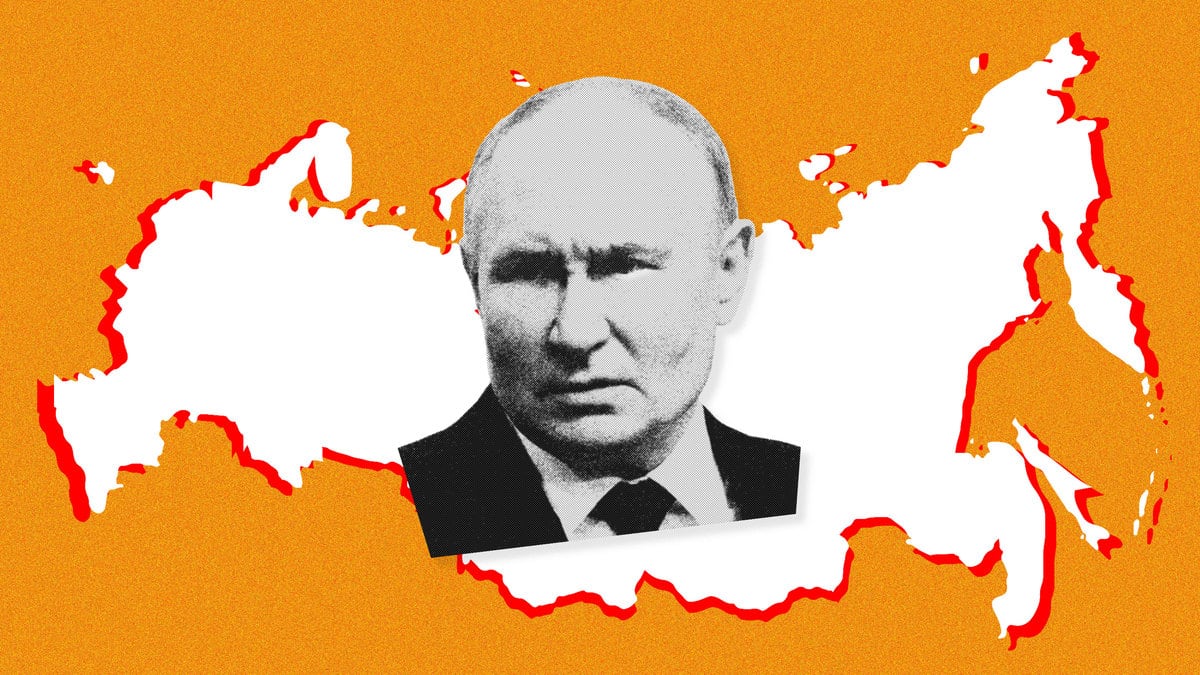Russia
Photo Illustration by Erin O’Flynn/The Daily Beast/Getty Images
Putin’s Emergency Plan for Russia’s Spiraling Borders
TROJAN HORSE
Vladimir Putin’s new proposal for Russia’s borders might just be a thinly veiled attempt at seizing more Ukrainian territory, experts warn.

Trending Now





